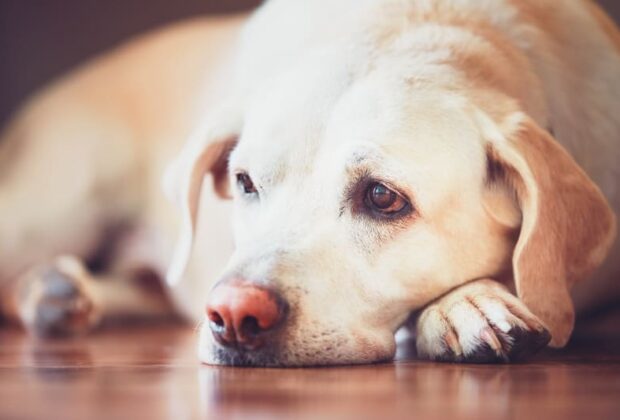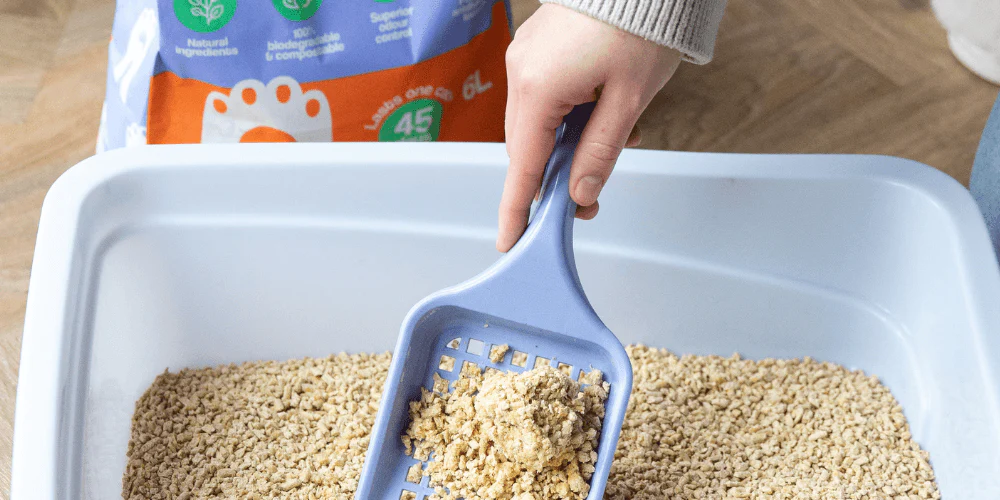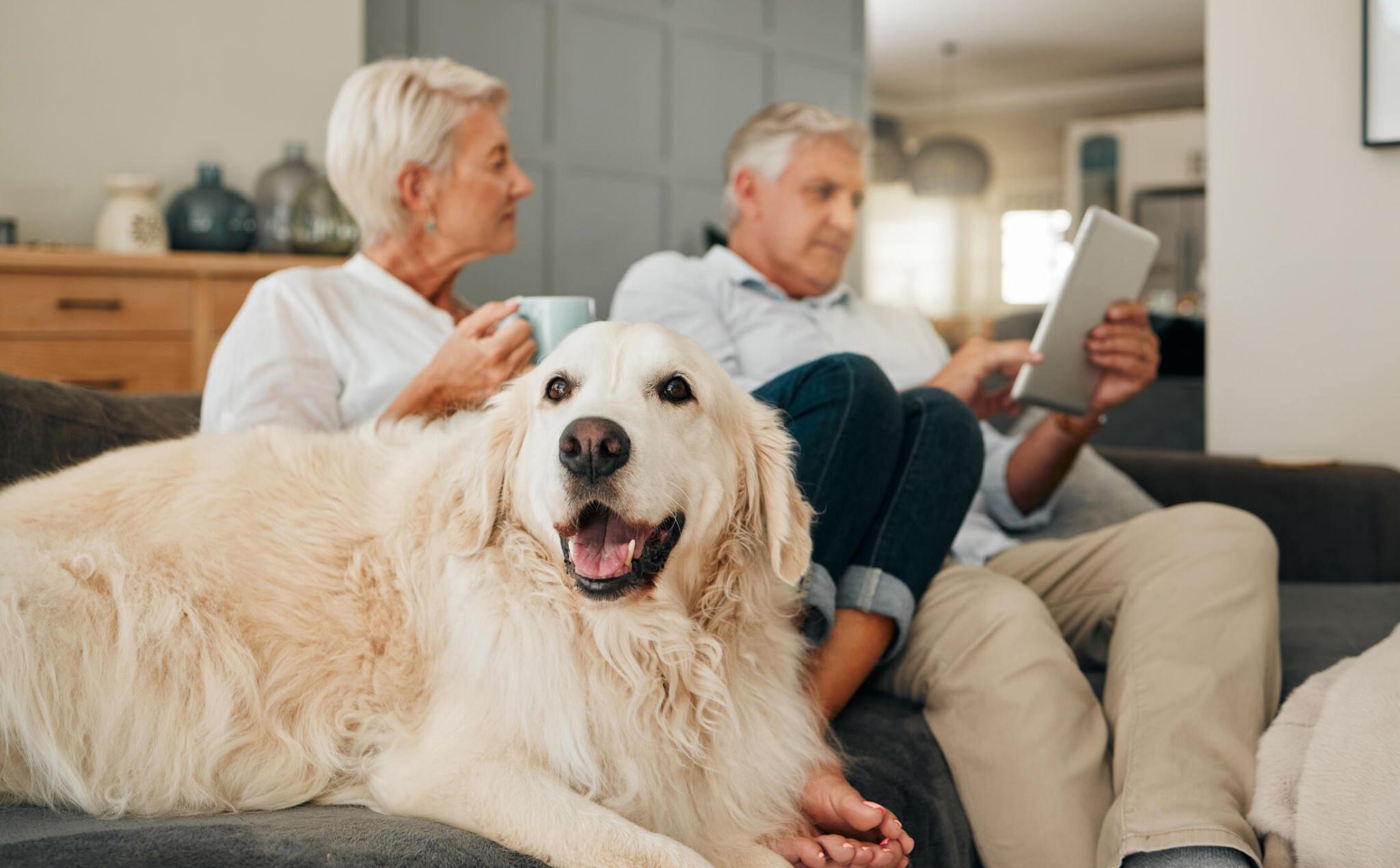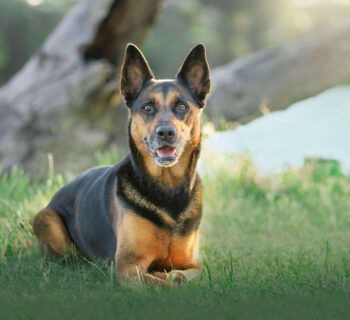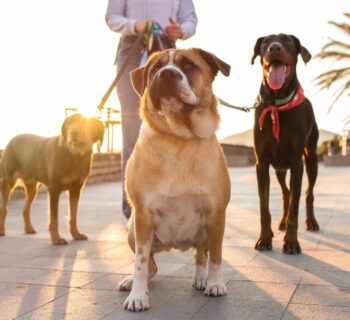It's not uncommon for dogs to experience an occasional bout of diarrhea. While it can be concerning for pet owners, especially when accompanied by changes in behaviour, it's essential to differentiate between a passing episode and a more serious issue. If your dog has diarrhea but is otherwise acting fine, there are several steps you can take to manage the situation and ensure your furry friend stays healthy. So if you are thinking my dog has diarrhea but is acting fine, is that normal? Then you should read the following points.
Understanding Dog Diarrhea
Before proceeding, remember that diarrhea is a symptom, not a disease. Dietary mistakes, unexpected diet changes, food allergies, infections, parasites, and medical disorders can cause it. An episode of diarrhea may resolve on its own, but if it persists or returns, more study may be needed.
Observing Your Dog's Behaviour
When your dog has diarrhea but otherwise seems fine, watch their behaviour to determine the severity. Positive signs include your dog being lively, eating, and drinking water. If your dog is lethargic, rejects food, or acts otherwise strangely, take it to the vet.
Home Care for Dog Diarrhea: Hydration is Key
Keep your dog hydrated during diarrhea. Make sure your dog always gets clean, fresh water because diarrhea might dehydrate him. You might also sell a dog-specific electrolyte solution to replace fluids and electrolytes.
Temporary Fasting
Withhold food for 12–24 hours to rest your dog's digestive tract. The gastrointestinal tract might settle during this brief fast. Always check your vet before fasting, especially for puppies, tiny breeds, or sick pets.
Bland Diet
After fasting, feed your dog bland food. Simple boiled chicken or lean ground turkey with white rice is easy to digest. Feed small, regular meals to avoid intestinal overload.
Probiotics
Think about supplementing your dog's food with a probiotic that is designed for dogs. In order to maintain a healthy digestive tract, probiotics can assist in re-establishing the equilibrium of good bacteria in the stomach. If you want to know which probiotic is best for your dog, talk to your vet.
Monitor Stool Quality
Keep a close eye on your dog's stool. If diarrhea persists for more than 48 hours, or if you notice blood in the stool, consult your veterinarian promptly. Stool consistency is an essential indicator of your dog's digestive health.
When to Seek Veterinary Attention
While many cases of diarrhea can be managed at home, certain situations warrant immediate veterinary attention:
- If your dog's diarrhea persists for more than 48 hours despite home care efforts, consult your veterinarian.
- The presence of blood in your dog's stool is a concerning sign and requires prompt attention.
- If your dog becomes lethargic, weak, or shows signs of pain, seek veterinary assistance immediately.
- Continuous vomiting in conjunction with diarrhea may indicate a more serious issue and should be addressed by a veterinarian.
Conclusion
Dog diarrhea can be stressful, but it's usually a transient issue that can be addressed at home. You may help your dog recover from diarrhea by monitoring his behaviour, hydrating him, feeding him a bland food, and giving him probiotics. However, you must know when your pet needs skilled veterinary treatment to address underlying disorders and ensure its health. Ask your vet for customized health advice for your dog.

